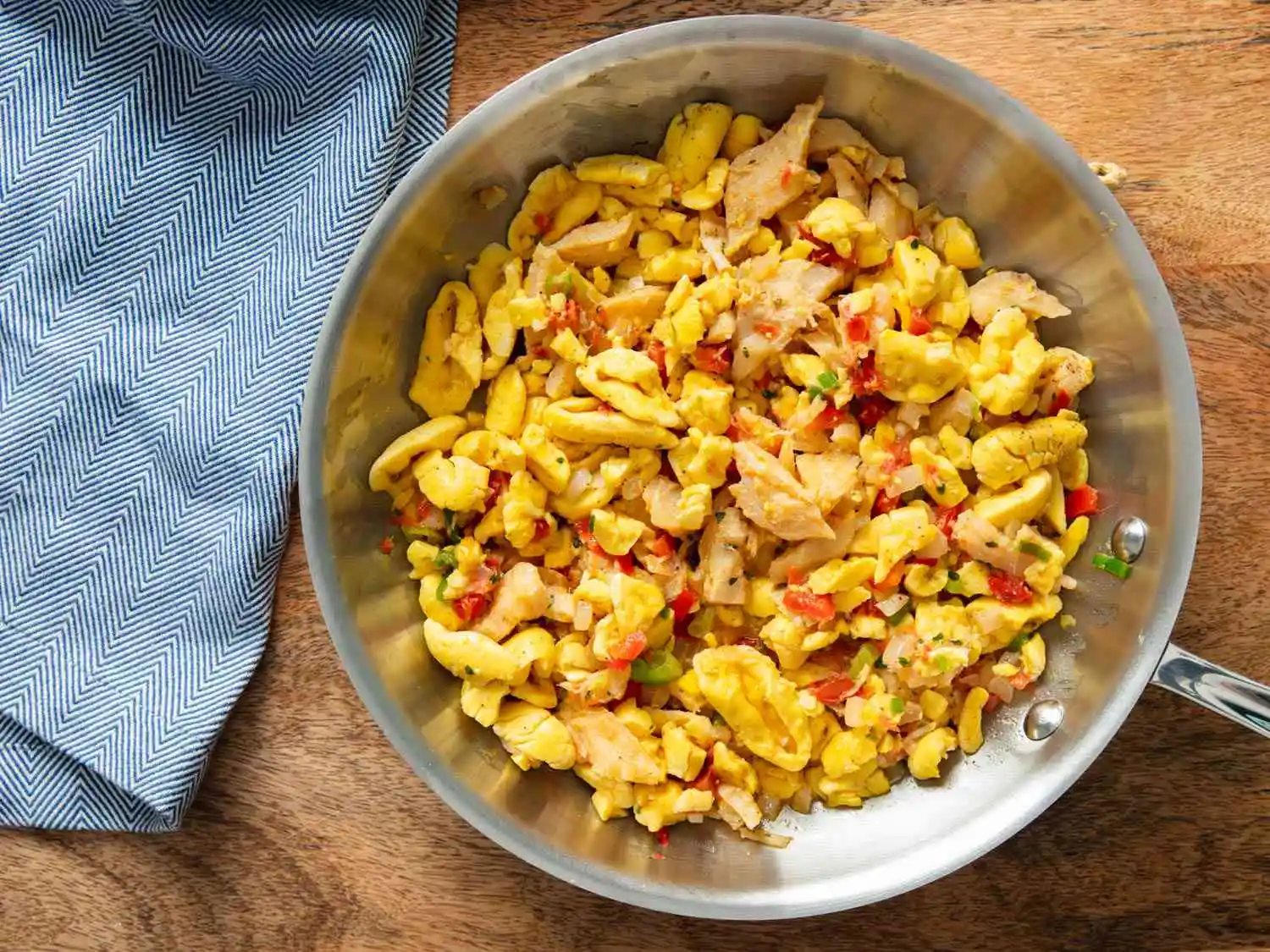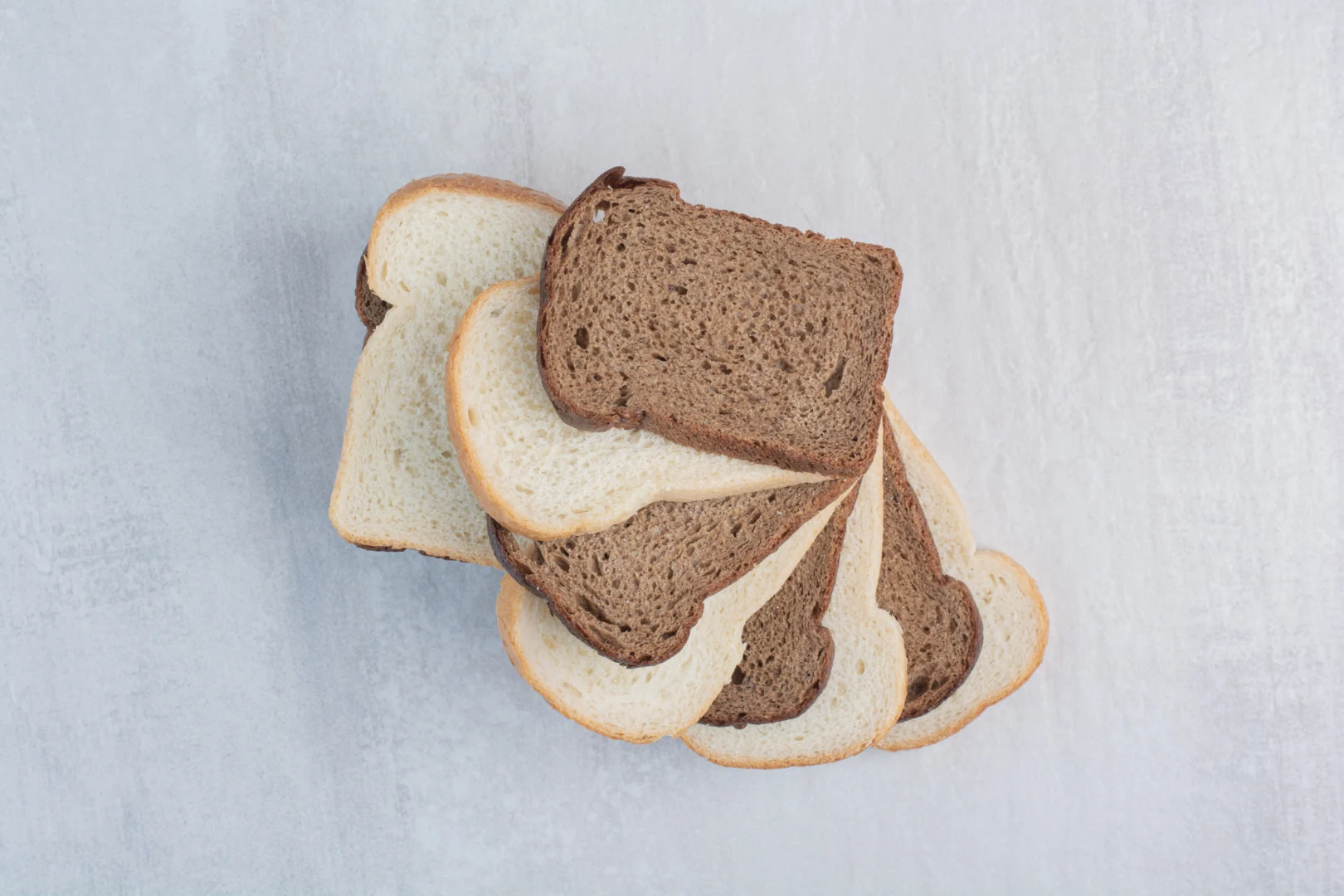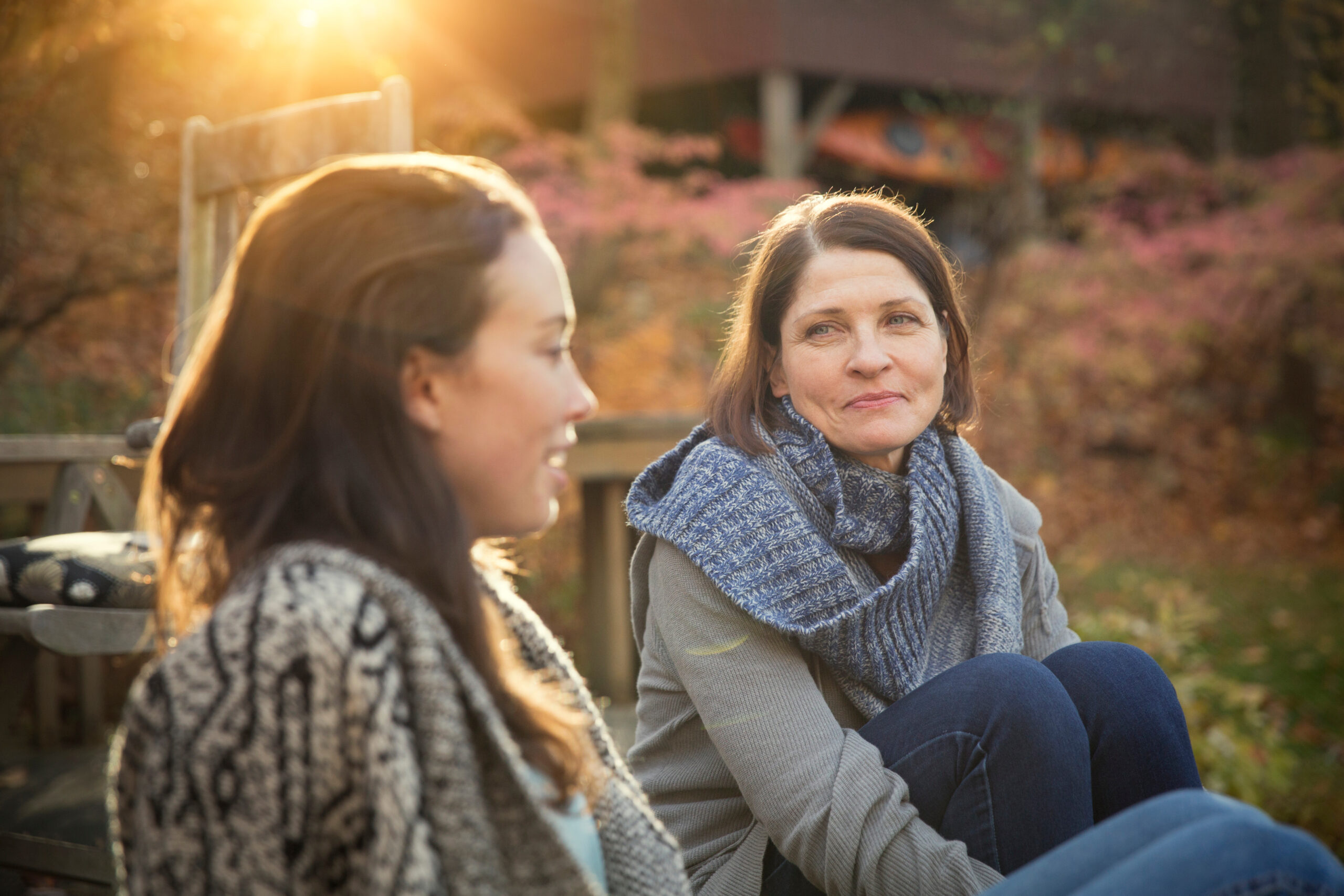Genetics vs. Lifestyle: What Really Shapes Our Health and Aging?
I used to think getting older meant breaking down—and that it was inevitable. After all, I come from a long line of people who aged hard and fast. My mother
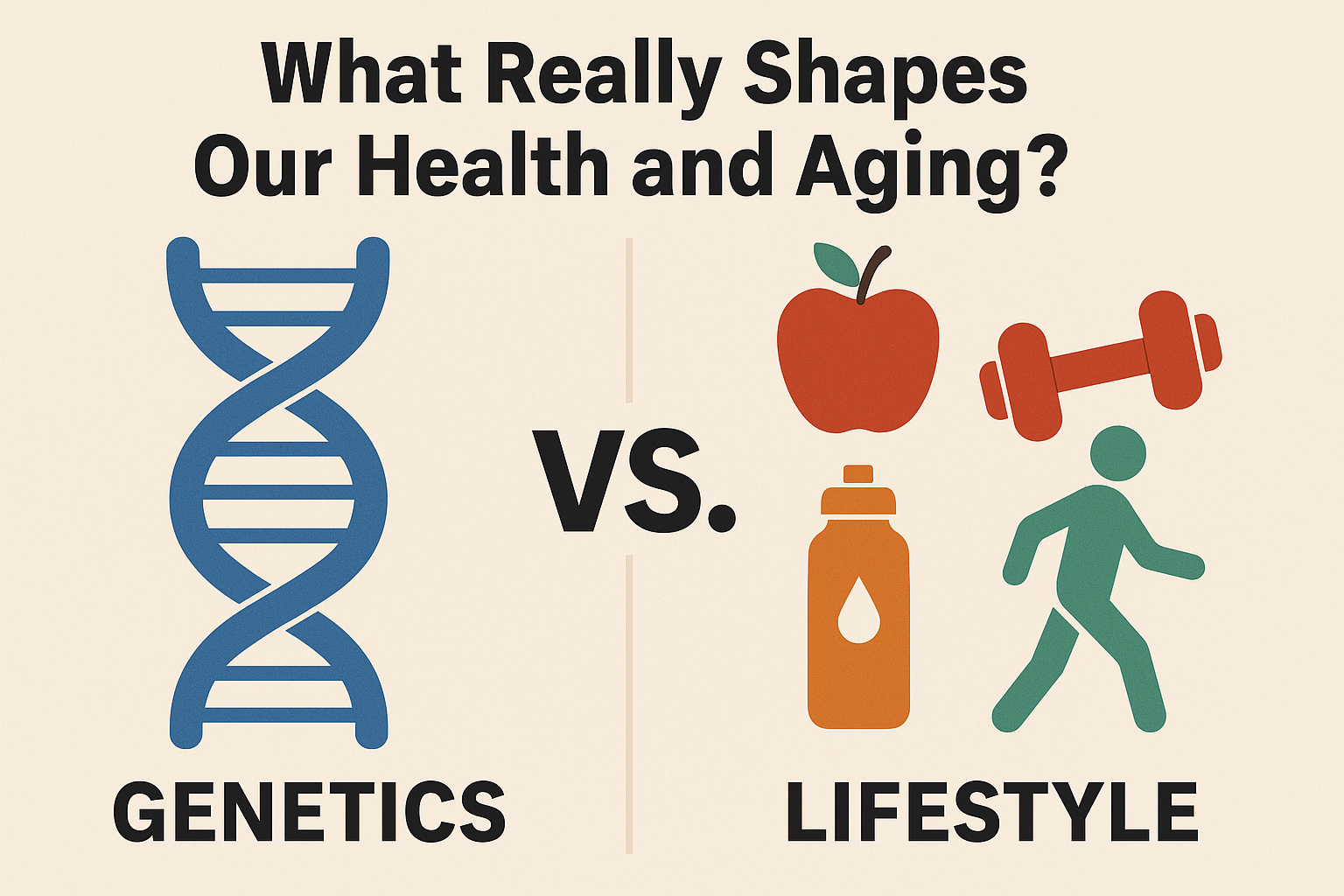
I used to think getting older meant breaking down—and that it was inevitable.
After all, I come from a long line of people who aged hard and fast. My mother developed type 2 diabetes in her early 40s. My father had his first heart attack at 51. Arthritis, high blood pressure, cognitive decline… They were the soundtrack of my childhood. I assumed that one day, they’d be mine too.
And for a while, I was right.
At 39, I was exhausted, inflamed, and mentally foggy. My knees hurt after short walks, my sleep was a mess, and I had creeping signs of insulin resistance. I remember looking in the mirror one morning and thinking, “So this is what 40 looks like when your genes catch up to you.”
But here’s the twist: they didn’t. Not entirely.
The Turning Point
I had a wake-up call during a routine checkup when my doctor gently told me that I was on a “dangerous path.” My A1C was climbing, cortisol was elevated, and early signs of osteoarthritis were showing up in my labs and joints. She said something I’ll never forget:
“Genetics may load the gun, but your lifestyle pulls the trigger.”
That night, I sat in silence with that phrase echoing in my head. What if I could age differently? What if my family history didn’t have to be my future?
I began digging into the science—not just headlines or TikTok tips, but peer-reviewed studies, books on epigenetics, and research on how environment and behavior influence gene expression. What I found shocked me.
It’s Not Just Your DNA—It’s How You Live
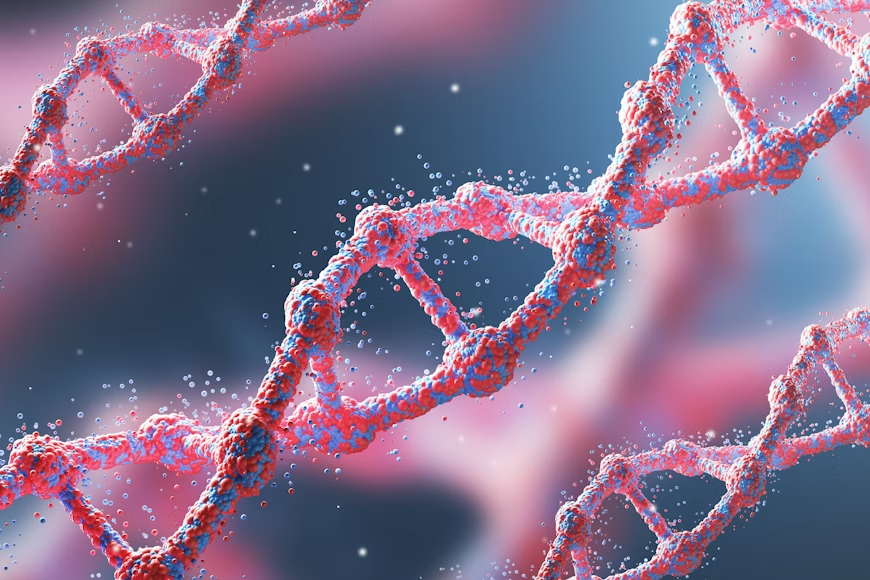
Here’s the truth: your genes play a role, but they don’t tell the full story.
Many chronic conditions—diabetes, cardiovascular disease, autoimmune disorders, Alzheimer’s—have genetic links. But what most people don’t realize is that gene expression is highly influenced by daily choices: what you eat, how much you move, how you manage stress, and how well you sleep.
This is where epigenetics comes in. It’s the study of how behaviors and environment can cause changes that affect how your genes work—without changing the DNA sequence itself. In other words, you can’t change the book, but you can influence which chapters are read.
How I Started Aging In Reverse
Once I took back control, things changed—slowly at first, but undeniably. I shifted from processed foods to anti-inflammatory meals rich in leafy greens, omega-3s, and fermented foods. I adopted strength training, something I had always been intimidated by. I gave up alcohol for a while, started prioritizing deep sleep, and learned to say no when my stress bucket was full.
My lab results started changing. I had more energy in my 40s than I had at 30. The fog lifted. Joint pain eased. My skin looked brighter. My A1C dropped. I felt younger—not because of creams or serums, but because my cells were finally getting the support they needed.
Your Conditions Are Not a Life Sentence
Here’s something else I’ve learned on this journey: conditions are not identities.
Yes, you may have a family history of high blood pressure or rheumatoid arthritis. Maybe you already have early-stage symptoms or a diagnosis. But that doesn’t mean you’re stuck. Many conditions can be managed or even reversed through consistent lifestyle shifts.
I’ve seen friends reduce autoimmune flare-ups by addressing gut health. I’ve watched loved ones improve cognitive function with better sleep, omega-3s, and stress reduction. Lifestyle may not be a cure-all—but it’s powerful medicine.
The Aging We Choose
The narrative we’ve been given is that aging equals decline. But I believe aging is a conversation between your genes and your habits. Every meal, every walk, every quiet moment of mindfulness—these are the inputs your body uses to write the next chapter.
At Ravoke, we talk a lot about conscious living and the power of small, sustainable shifts. It’s not about perfection—it’s about participation. We all have the ability to change our trajectory, no matter our past or our genes.
What I Wish I Knew Sooner
- You are not your parents’ diagnosis. Family history is a factor, not a verdict.
- Aging doesn’t have to mean breaking down. With the right habits, it can mean breaking free.
- Genes matter—but lifestyle can amplify or mute them. It’s your choice every day.
- Your conditions are part of your story, not the whole book.
I write these words not as a health guru, but as someone who’s been on the edge of burnout and illness, and found her way back. I still carry my family’s genes—but now, I carry them differently. With strength. With awareness. With choice.
So if you’re staring at a diagnosis, a family pattern, or just a reflection in the mirror that scares you—don’t look away. Look deeper.
You might just find a different ending waiting.
By Barbra Tyson for Ravoke.com



